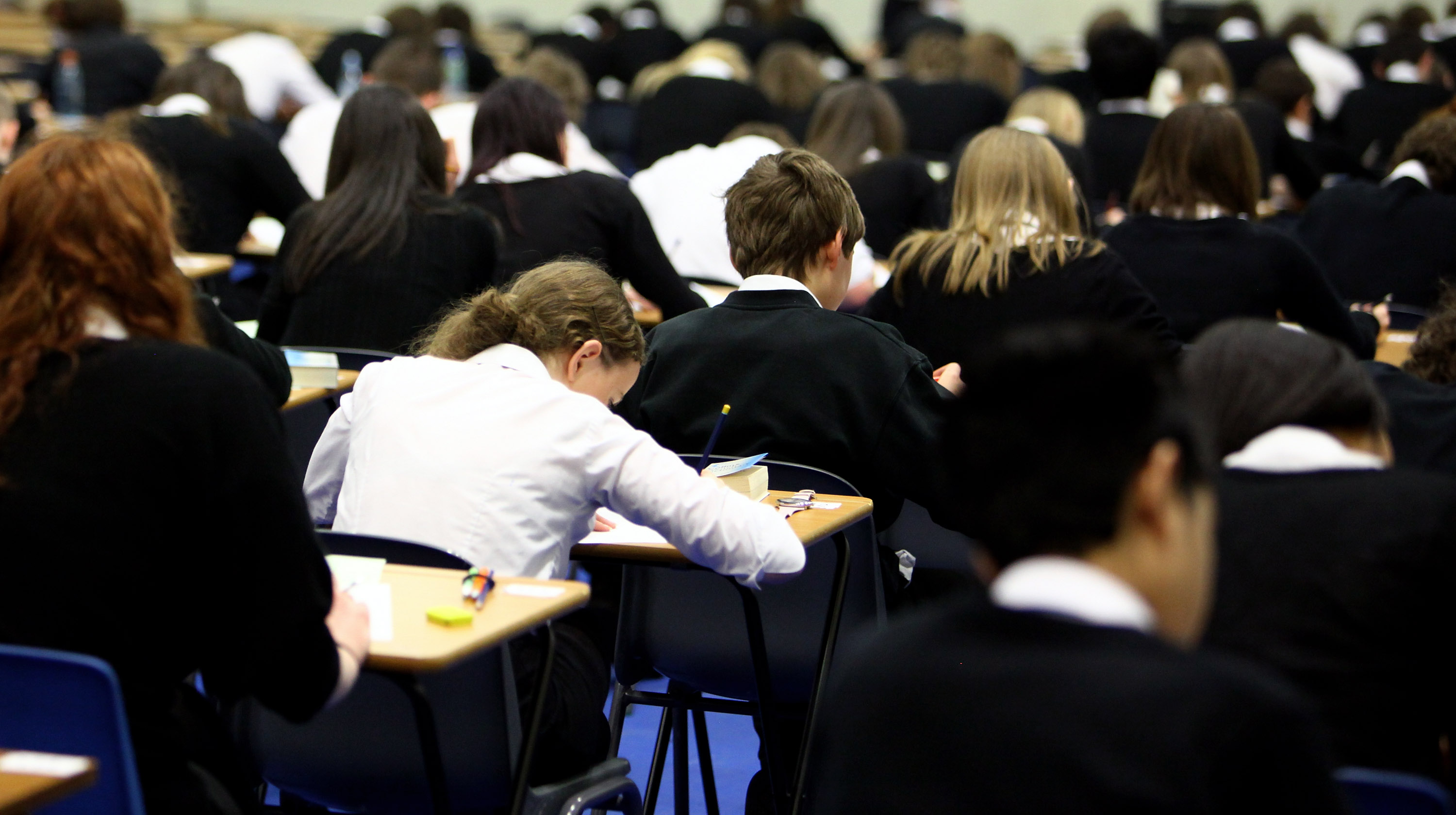Pros and cons of academies
Labour has vowed to scrap academy system if party wins power

A free daily email with the biggest news stories of the day – and the best features from TheWeek.com
You are now subscribed
Your newsletter sign-up was successful
The Labour Party’s vow to scrap the UK’s current academy system has reignited debate about the controversial schools.
Shadow education secretary Angela Rayner told the Labour conference last month that academies and free schools “neither improve standards nor empower staff or parents” .
The issue is a fraught one within the party, as “dozens of its own MPs are part of a group opening academies and planning to become one of England’s biggest academy providers”, the BBC reports.
The Week
Escape your echo chamber. Get the facts behind the news, plus analysis from multiple perspectives.

Sign up for The Week's Free Newsletters
From our morning news briefing to a weekly Good News Newsletter, get the best of The Week delivered directly to your inbox.
From our morning news briefing to a weekly Good News Newsletter, get the best of The Week delivered directly to your inbox.
“There are 37 ‘Labour and Co-operative’ MPs - but when it comes to schools policy, the Labour and Co-operative parts of their title seem to be pulling in completely different directions,” the news site adds.
The Co-op itself sponsors its own multi-academy trust running 13 academies nationwide, with plans to take on more.
Today, 66% of secondary schools and 29% of primaries are academies, and another 1,000 conversions in the pipeline.
Yet the system “has been accused of being Byzantine and financially inefficient and there have been complaints about a lack of accountability”, says the BBC.
A free daily email with the biggest news stories of the day – and the best features from TheWeek.com
So how do academies differ from other schools - and what are their pros and cons?
What are academies?
Academies were introduced by Tony Blair’s Labour government through the Learning and Skills Act 2000, in a bid to boost struggling schools in deprived inner-city areas.
Academies fall into two main groups: sponsored and converter. Sponsored academies have donors such as businesses, faith communities, universities or voluntary groups, who have majority control of the academy trust.
Most of the sponsored institutions “used to be underperforming schools that became academies to improve their performance”, says The Daily Telegraph.
Converter academies are schools that have been deemed successful enough to convert to academies in order to benefit from increased autonomy. These were introduced by the coalition government in July 2010 as part of the Academies Act.
What are the benefits of the academy system?
Proponents argue that academies drive up educational standards in disadvantaged areas by allowing external investment above the means of cash-strapped local authorities, giving head teachers larger budgets and more opportunities.
For many, the attraction “is the autonomy that academy status brings”, says the Telegraph. Unlike traditional state schools, academies can set their own term times and do not have to follow the national curriculum as long as they offer a “balanced and broadly based” range of subjects including English, mathematics and science.
And the cons?
Research by the Education Policy Institute last year concluded that turning schools into academies doesn’t automatically improve standards, with primary and secondary schools in academy groups among the worst performing in the country.
And while freedom from the national curriculum can be seen as a plus, state-funded religious academies, for example, could choose to teach creationism over biology, or could restrict admissions to certain types of pupil.
Detractors say the rights of parents to choose the type of school they want for their children is also weakened by the academy system. A Public Accounts Committee report this summer said that local authorities’ ability to fulfil their statutory responsibilities, including their duty to provide school places, was “undermined” in areas where a high proportion of schools have become academies.